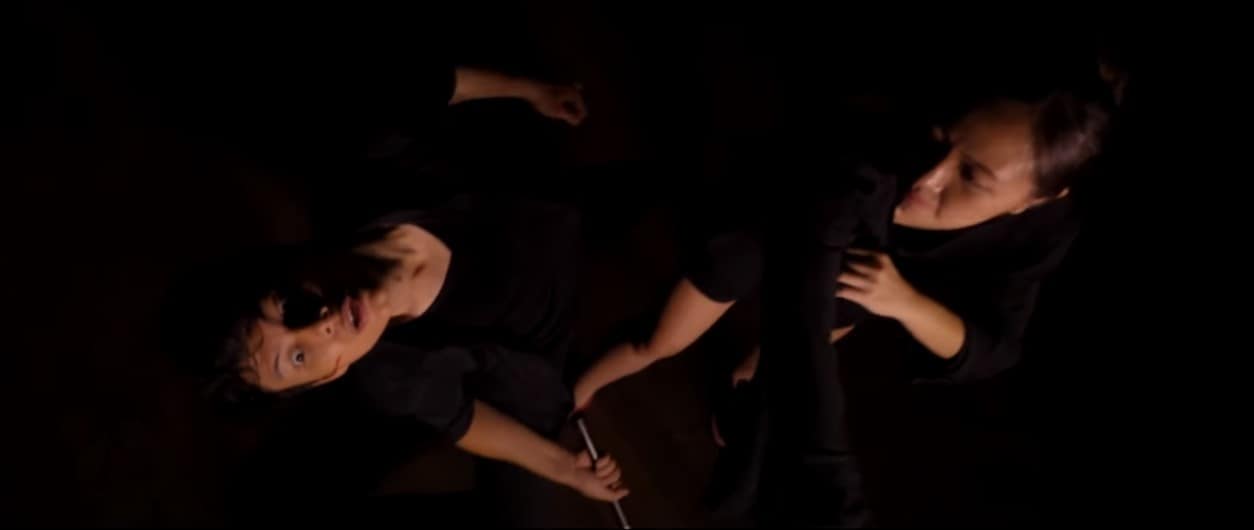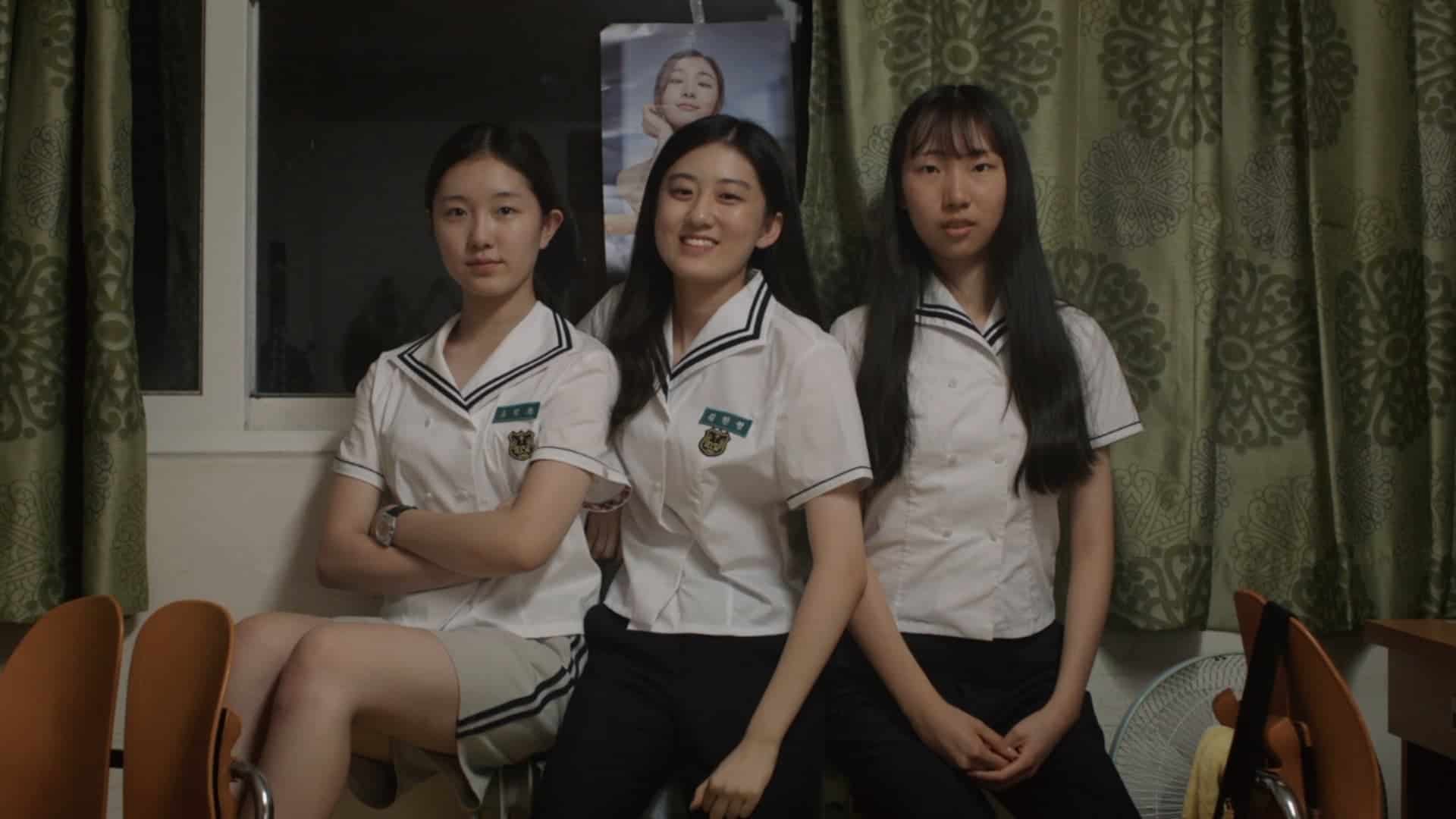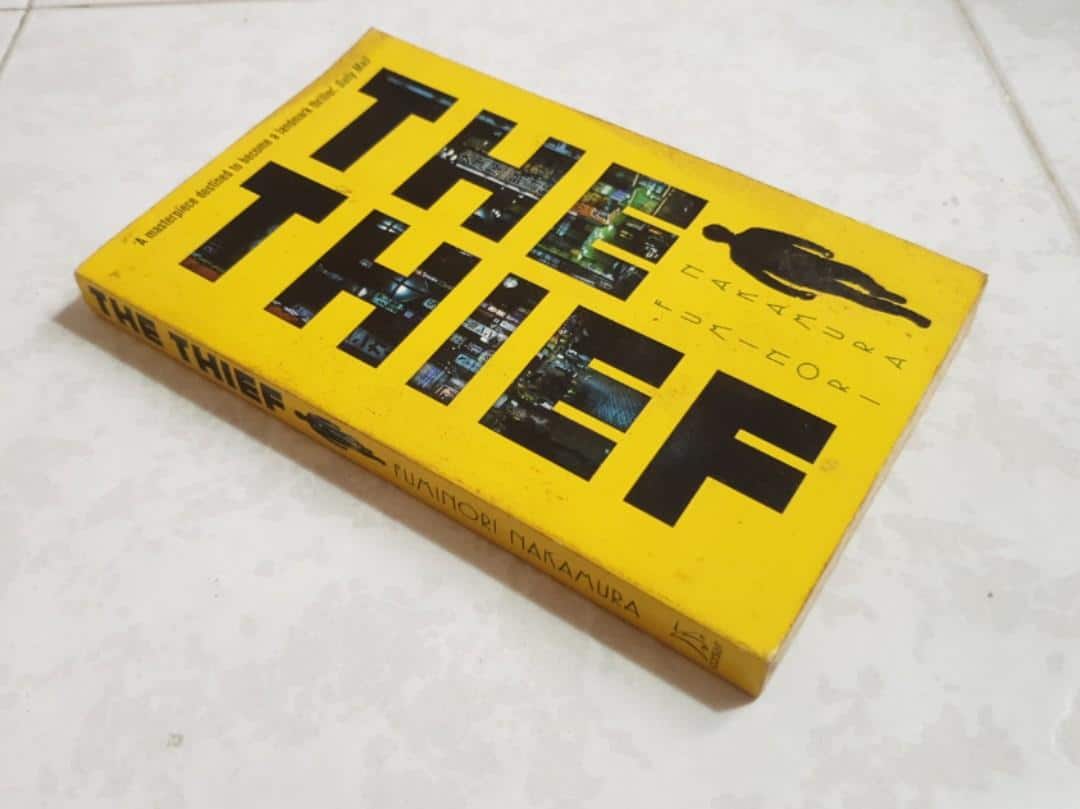The Lei Tan, also known as the Yellow River, flows through the Chinese metropolis of Lanzhou. Under Mao, massive interventions were made in the course of the watercourse, so that the behavior of the river changed. Whereas before there were apparently regular floods because the volume of the river increased due to heavy rainfall. Today the region suffers, rather the opposite, from a lack of water.
In certain places, the river has already dried up. In others, there are the ruins of factories and other facilities that were built along the river in order to organize the country's economy according to the ideas of communism. Today, people live in urban spaces without being influenced by the river anymore, it seems. The riverbed serves as a playground for the children, is the habitat for various animals and gives an idea of the majestic size the Lei Tan once had.
In black and white, Chinese director Yuan Zheng has attempted with his impressionistic documentary to create a portrait of a river. Despite some interesting approaches, the work as a whole is not convincing because it lacks consistency in form and content, as well as, unfortunately, relevance. The somewhat amateurish character of the documentary doesn't necessarily provide charm, but seems rather clumsy.
“After the Flood” mixes footage of the director and his cameraman as the two seemingly spontaneously lecture on location about the history of the city and the Lei Tan River. The film refrains from explanations and the staking out of references. The cited sources are not mentioned, only a few pages from an old illustrated book showing the Yellow River before 1950 make their way into the film. It is striking and somewhat disconcerting that today's images of the river always seem to be limited to the same setting.
The film makes a small digression when it captures an elderly man who, according to his statement, has been feeding street dogs in Lanzhou for 18 years. It's a touching story, but taken somewhat out of context. Elsewhere, there are glimpses of nightlife or one observes the author singing, badly, in a car. Here, too, the reference remains loose.
Apparently, the director was interested in exploring whether the inhabitants of Lanzhou still remember the former form and significance of their river. On the other hand, he probably wanted to explore how the changes to the river changed social life. In his documentary, he manages to give some hints in this direction, at best.
Yuan Zheng is very allusive and probably wants to reach the viewer primarily on the emotional level. But for that, he trusts the power of his images too little. He takes too little time for individual shots, cuts too quickly and the shaky camera also does not contribute to an artistically exceptional image finding. It is a pity that more could not be extracted from a fundamentally extremely interesting subject.















